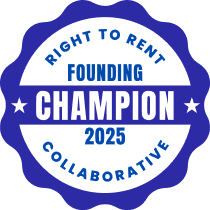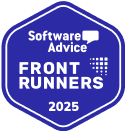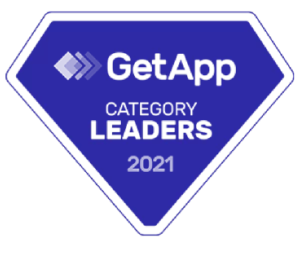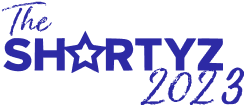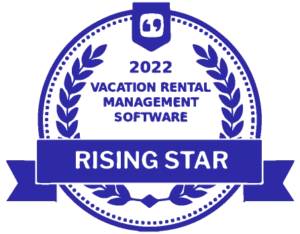Managing vacation rental properties remotely can be both a lucrative and liberating venture, allowing property owners to maximize their income potential without being physically present.
However, if you don’t want to pay a local management company, being remote will require careful planning, the right tools, and an understanding of best practices to ensure everything runs smoothly.
Benefits of remote management
Managing vacation rentals remotely offers numerous advantages. Let’s take a quick look at a few.
- Freedom: First and foremost, it allows you to maximize your rental income without being tied to a specific location.
- Cost efficiency: Remote management can also be cost efficient as onsite services (cleaners, maintenance workers) are likely to be cheaper than in dense urban environments.
- Flexibility: Remote management forces into delegation and automation (see sections below) which frees up your time.
- Scalability: Once you’ve ‘cracked the code’ for one property, you can apply the same systems and hire the same contractors for other properties. Over time, this scalability can lead to increased profitability as you gain economies of scale.
In short, with the right tools and strategies in place, remote vacation rental management can be a highly profitable and fulfilling venture.
Challenges to anticipate
Remote property management doesn’t come without some challenges, however. Staying aware of these potential obstacles will help you identify and solve problems quickly without damaging your reputation.
- Communication barriers: Being remote can make it difficult to respond to emergencies.
- Quality control: Ensuring the property remains in good condition without being there in person can be a challenge. You’re also trusting cleaning to contractors, who may not be as attentive as you would be.
- Local regulations: Managing properties in different locations requires staying up-to-date with local laws and regulations in that area. If you don’t read that area’s local news, you may not be aware of what’s up ahead.
- Emotional consideration: For many, managing a remote short-term rental is often synonymous with renting out your family’s cottage. It’s where you’ve built many memories and consequently have an emotional attachment. You’ll need to be aware of this blindside when making business decisions.
Remote vacation rental property management tools
Now that you have a solid understanding of remote vacation rental management, let’s explore the essential tools that will make your job easier and more efficient and permit you to avoid the hurdles mentioned above.
1. Leverage property management software (PMS)
The cornerstone of managing vacation rentals remotely is utilizing technology effectively. Investing in a reliable property management software (PMS) is crucial for remote management. These software solutions (and often their mobile apps) offer a comprehensive set of features useful for managers far away from their properties, including:
- Triggers & templates: will allow you to automate your guest communications;
- Team roles, vendor portals, and scheduling: to set up housekeeping schedules that change based on bookings. A top-tier PMS will allow you to have conditions for in-house cleaners (if they’re your employee) or external contractors. In some PMSs, the contractor can even drop an even invoice directly in a portal.
- Reports and financial tracking: since you’ll rely on outside help, you’ll operate on thinner margins. A PMS’s report system will give you better insights into your income and expenses, and help you stay in the green.
Vacation rental software systems like Hostfully are designed to help you scale as well, so you can use as little or as much of the tools at any given time. By centralizing all property-related information and automating repetitive tasks, property management software allows you to focus on providing a memorable guest experience.

2. Invest in a reliable local property manager and support team
Having a trustworthy local support team — from cleaning services and plumbers to electricians and cleaners — is crucial. You’ll need to seek them out on Google, the local Yellow Pages (in some places, that’s still a thing), and when you’re physically in the area (think hardware store, general store, etc.)
You should also consider hiring an onsite property manager to help alleviate some of the workload and ensure the smooth operation of your properties in person. Alternatively, you can reach out to other hosts in the area and propose co-hosting. You’ll have to split a portion of your earnings, but the benefit of having a local who is on-site will be a big boost.
What’s important here is establish clear communication channels with your team and set expectations regarding response times and standards of service. Regularly scheduled video calls can also help ensure everyone is on the same page. And you can utilize your PMS platform to send automated quality control checks.
3. Utilize guest communication tools
Effective guest communication is key to remote vacation rental management. The trick if you’re remote is to pre-empt guest questions or problems. Here’s how you solve it:
- Set up a pre-arrival communication flow: You’ll want at least three messages sent prior to the guest checking in. The first is to thank them for the booking, and invite them to look at your local recommendations. The second is to send them arrival instructions. The third includes check-in instructions.
- Create one repository for guest information: This can be a page on a website, a Facebook post, or ideally, a digital guidebook.
What you want is for the guest to repeatedly go to that place where all the information is stored. Your pre-arrival communication flow should always link back to that ‘content’. This way, guests will be used to solving friction points themselves once they realize you have a place where all their questions (current and future) are answered.
4. Go for smart security systems and devices
Ensuring the safety of your short-term rental guests and your property is critical. Fortunately, by implementing security and access control systems, you can remotely monitor a property and grant access to guests.
Equip your property with smart locks, thermostats, noise monitoring systems, and security cameras. These devices allow you to control and monitor the property remotely, enhancing security and convenience. Keyless entry systems like August or Schlage allow guests to check in and out without the need for physical keys.
Smart thermostats, such as Nest, can help manage energy usage and ensure comfort. Security cameras and smart doorbells like Ring can provide added security and allow you to monitor your property remotely. However, just make sure to inform guests about any surveillance devices on the premises to respect privacy regulations.
5. Develop a comprehensive digital guidebook
Creating a detailed short-term rental digital guidebook for your guests can greatly enhance their experience and reduce the number of inquiries you receive both before and during check-in.
Include information about the property, such as Wi-Fi passwords, appliance instructions, house rules, amenities, and emergency contacts. Additionally, provide recommendations for local restaurants, attractions, and transportation options.
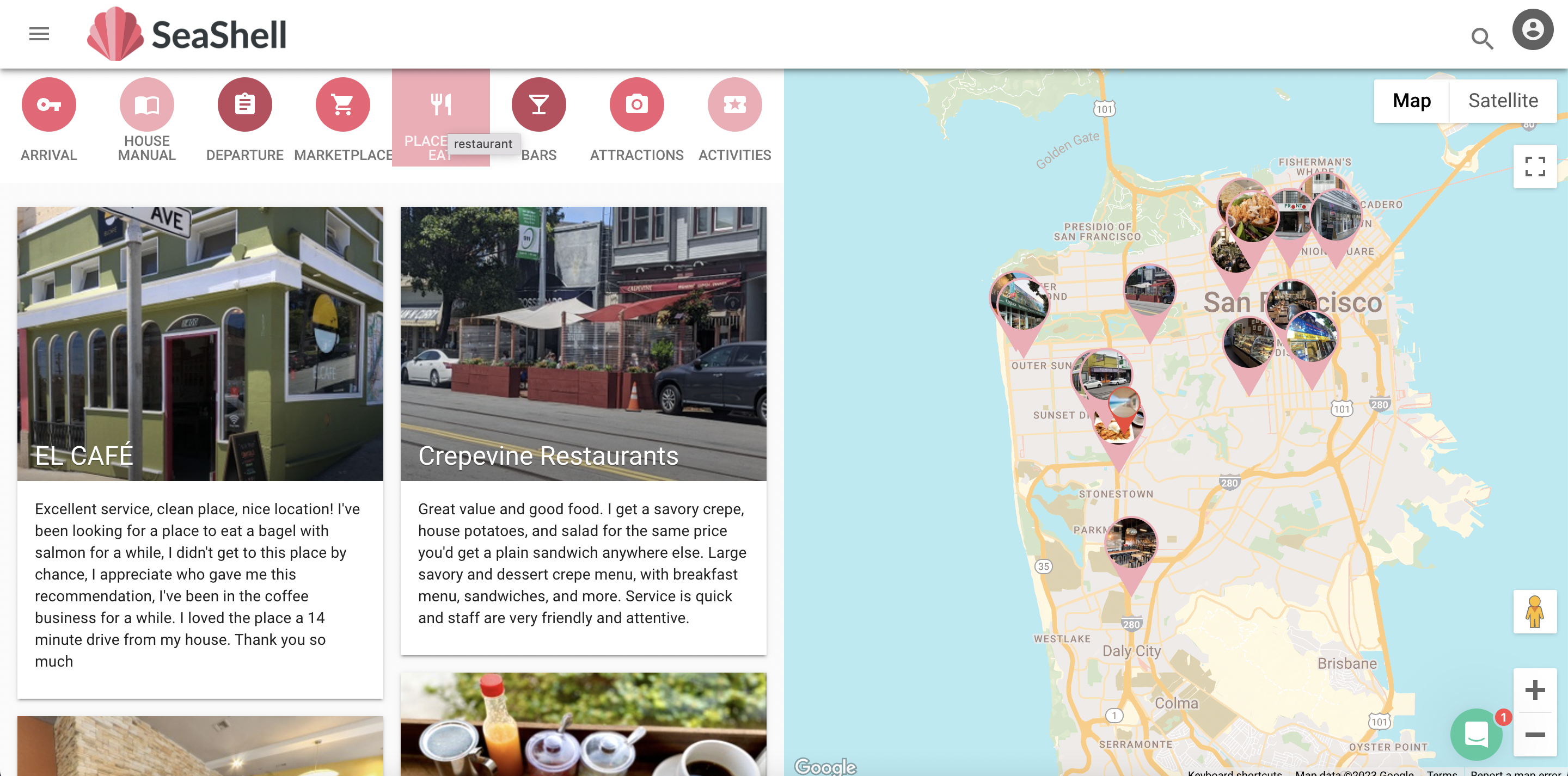
6. Stay compliant with local vacation rental regulations
Navigating local regulations is a critical aspect of managing vacation rentals. Different cities and regions have varying rules regarding short-term rentals, including licensing requirements, occupancy taxes, and zoning laws. These regulations are subject to change at any time so make sure to stay informed about the regulations in your property’s location to avoid fines and legal issues.
Join local vacation rental associations or online forums to keep up with changes in legislation and best practices. And always be sure to communicate relevant local regulations to your guests and to local team members.
Conclusion
Remote vacation rental management presents a unique and rewarding opportunity for property owners and managers alike. With dedication, organization, and the right technology and team, you can successfully navigate the exciting world of remote vacation rental management and free yourself up to do your own travel from afar.



